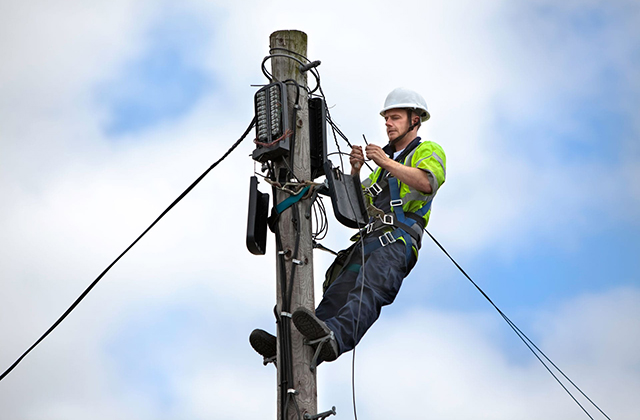When the lights or appliances in one area of your home suddenly go out, the first thing to do is check your circuit breaker box. If you see one breaker switch pointing in a different direction from all the others, you’ve tripped your circuit breaker. What now? Electrician 24 hours Melbourne are the reason why our business establishment is secure during the time of fire alarms.
Your circuit breakers are safety devices that prevent the electrical system in your home from overheating and potentially catching fire. Whenever you trip a circuit breaker, it’s important to investigate the cause — especially if it happens more than once on the same circuit.
The Usual Suspects
Most tripped circuit breakers fall into one of four categories:
Circuit Overload
If too many appliances are in use simultaneously on a single circuit, they might be drawing more power than the circuit is built to handle. This causes the circuit to overheat and trip the breaker.
Short Circuit
If a hot wire touches a neutral wire in your home’s wiring system or in an outlet or fixture, current will flow between them at rapid speed, which also causes overheating.
Ground Fault
Similar to a short circuit, a ground fault can occur when a hot wire crosses a ground wire or touches a grounded junction box. Current flows rapidly between the two, overheating the circuit.
Faulty Appliance
Short circuits and ground faults can also occur within the wiring of individual appliances, and this can overheat circuits as well.
Tracking Down the Cause
Since most tripped circuit breakers result from circuit overload, it’s important to consider what you were doing at the time the breaker tripped. Did you just turn on the vacuum cleaner? Were you running the toaster, coffee maker and microwave all at once? Whenever a tripped breaker is directly preceded by a new appliance drawing power, it’s a good indication that you were just doing too much at once.
Air conditioners and furnaces can also cause circuit overload, so if you can’t trace the cause back to an appliance you interacted with directly, you should take note of whether your HVAC system turns on just before any future tripped circuits.
If you have a short circuit or a ground fault, that’s a more serious problem. Telltale signs are scorch marks or sparking around outlets and fixtures, as well as a burning odor. Even if you can’t spot these signs, you should call an electrician to investigate if you repeatedly trip a circuit and aren’t sure why.
To find out if the cause is a faulty appliance, you can try the process of elimination by using each appliance on the circuit one at a time. Just like a faulty outlet, a faulty appliance may be unusually warm, produce sparks or smell like smoke or melted plastic. Faulty appliances should be repaired or recycled.
Upgrading Your Circuitry
Electrical panels and circuit breakers don’t last forever, and older models can fall short of the demand posed by today’s major appliances. Even if you have a modern system, you might have circuit overload problems in heavy-use areas depending on how your circuits are wired.
A licensed electrician can replace outdated panel equipment and add new dedicated circuits where you need them, putting a stop to annoying and potentially dangerous circuit overload problems. If you need your system evaluated, reach out to your local Mister Sparky today.
